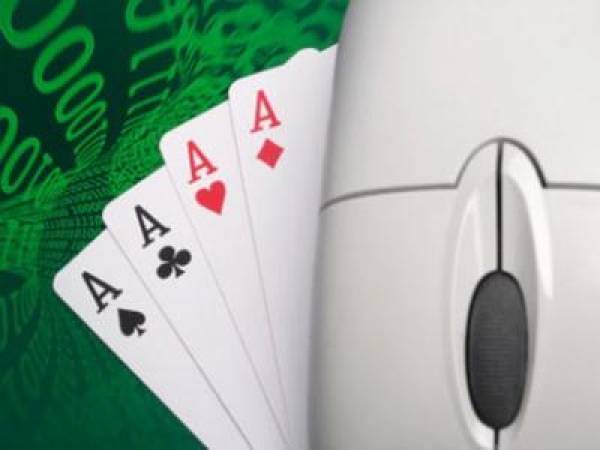Why HR 6663 is a Joke, Won’t Pass, and The Poker Community Needs to Wake Up

For anyone in the poker community who believes that HR 6663 - a bill introduced by Republican Congressman Pete Sessions - is good for the online gambling industry, it's worth noting one of the main reasons Internet poker exploded the way it did in recent years has a great deal to do with sports betting.
First, HR 6663 looks to interpret the Unlawful Internet Gaming Enforcement Act as applying only to sports betting. Unfortunately, the UIGEA was intended to make poker just as bad as sports betting. In fact, sports betting has always been deemed less of a threat to the casino industry.
Just look at Washington State. Sports betting was not even considered in its rationale to pass a law making Washington the first - and only state to date making it illegal to place a bet or play poker online. Massachusetts is trying and - like Washington - this all has to do with pressure from the land based and powerful Indian casino groups who do not want online casino games (including poker) getting in the way of their revenue. The only real threat to sports betting has come from the professional sports leagues and horse racing industry, none of which give an iota of interest in ridding us of online poker.
But getting back to sports betting and its impact on web poker. We should point out that it was the sports books that first aggressively began fueling the online poker craze. Without the "skins" provided to their own customers, the industry would likely still be in its infancy. You see, somewhere around 90 percent of sports bettors also love to play online poker.
To its credit, the Poker Players Alliance has refused to support Sessions plan. They understand the implications of such a law and that the US Justice Department will still be able to come after online poker operators. Neither will the banks have time to try and sort out the difference between "good" online gambling transactions (poker) and the so-called "bad" one's (sports betting). It is difficult enough for them already.
And anyone who thinks the US Justice Department does not look the same way at online poker the way they do sports betting needs to seriously get their heads out of the sand. It was just a few years ago that the DOJ fined Esquire Magazine for featuring a Bodog Poker ad. Similar actions have been taken against media for advertising Paradise Poker, which doesn't even offer sports betting. PartyGaming's founders are attempting to work out a deal with the US Government to prevent potential future prosecution for having taken millions of dollars of revenues from US customers in the past. While that company may have voluntarily pulled out of the United States market in late 2006, the DOJ still wants blood. They want prison time and massive fines. Hardly sounds to us like the Department of Justice is drawing any distinction between online poker and sports betting.
The only hope for the industry is to get beyond the discrimination. Poker, sports betting, US-facing gaming companies and European gaming companies all need to work together the same way that the porn industry has worked together when they were in the same dilemma just a few years back. It should be noted that there are plenty of parallels between the two industries - more specifically, political forces have used "easy access by minors" as the motive for eradicating both porn and online gambling.
As Gambling911.com reported extensively over the past weekend, Bodog is coming dangerously close to leaving the US market. Bottom line - nobody wants to process for them. Very soon there may be nowhere else to play. For anyone sick and tired of the current situation - supporting Pete Sessions bill is a waste of time and effort.
Get on board with real efforts to help maintain the online gambling industry. Poker players and sports bettors alike are encouraged to join the Poker Players Alliance (see website here) and iMEGA.org, which is currently challenging the UIGEA and its policy enforcement in a US Appeals Court (see website here).
----
Christopher Costigan, Gambling911.com Publisher













